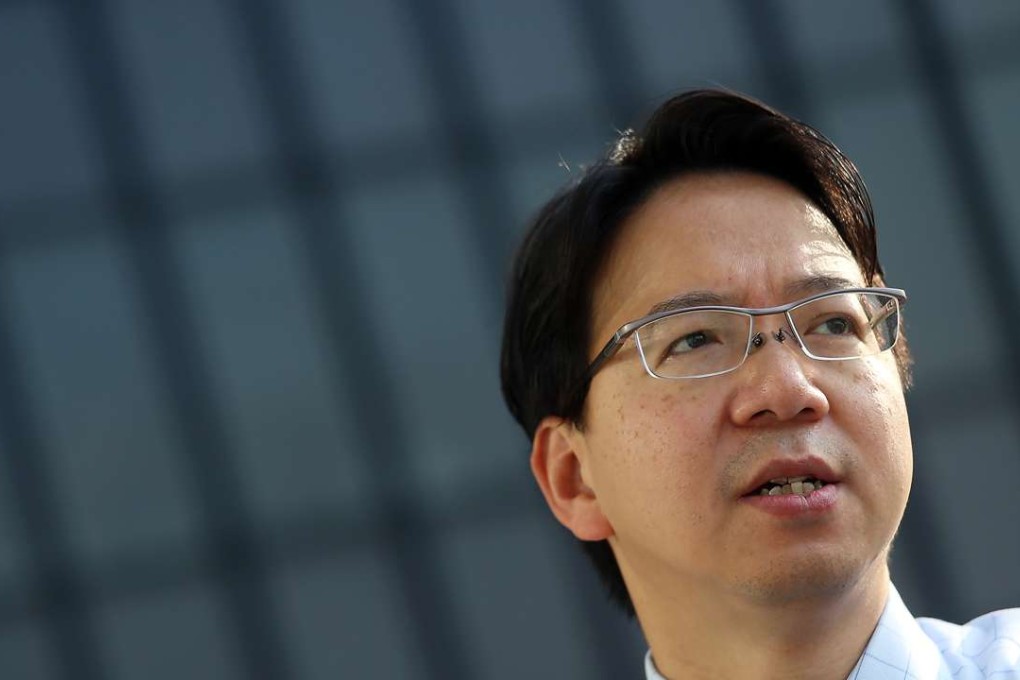With 65,000 mock votes from a target of one million, does Hong Kong even care about its leadership election?
IT sector lawmaker Charles Mok has asked the organisers of a mock chief executive poll to review the low turnout to better gauge public opinion in future

The public’s sense of powerlessness and privacy concerns might explain the low turnout for the mock chief executive election poll, according to the organisers and a pan-democrat lawmaker.
The remarks came after just 65,000 people voted in the mock ballot that opened on March 10 and ended on Sunday, well short of the organisers’ target of one million votes.
IT sector lawmaker Charles Mok said organisers should assess why there was such a low turnout and tackle privacy concerns so the mock vote can become a better tool to gauge public opinion in the future.
After consulting computer experts and other professional organisations, the Office of the Privacy Commissioner for Personal Data issued a second warning on Sunday, saying it had established that the organisers, when collecting voters’ personal data, had breached information security practises.
“(Voters) needed to download an app first, and that has limited its reach of voters. There were also not many street booths. There was much less people using the booths than five years ago,” Mok said on an RTHK programme referring to the last mock ballot in 2012.
“Maybe people have a sense of powerlessness. They felt that they have already very clearly expressed their view and doubted if there was a need (to vote in the mock ballot). The organisers need to review why the turnout was so low this time,” he said.
Some may think it is pointless, as the election result is under Beijing’s tight control
The ballot was organised by Citizens United in Action, led by Occupy Central founder Benny Tai Yiu-ting. Members of the public were able to cast their votes online or at voting stations. Each voter was asked to select support, oppose or abstain for each of the three chief executive candidates.